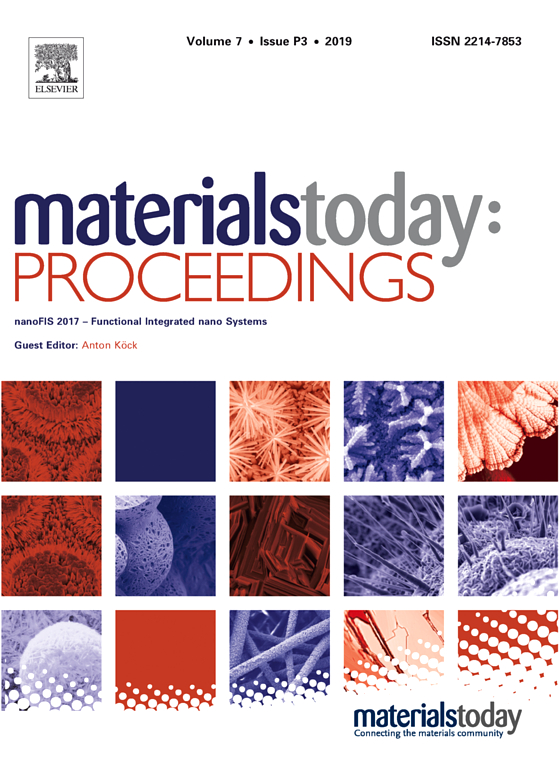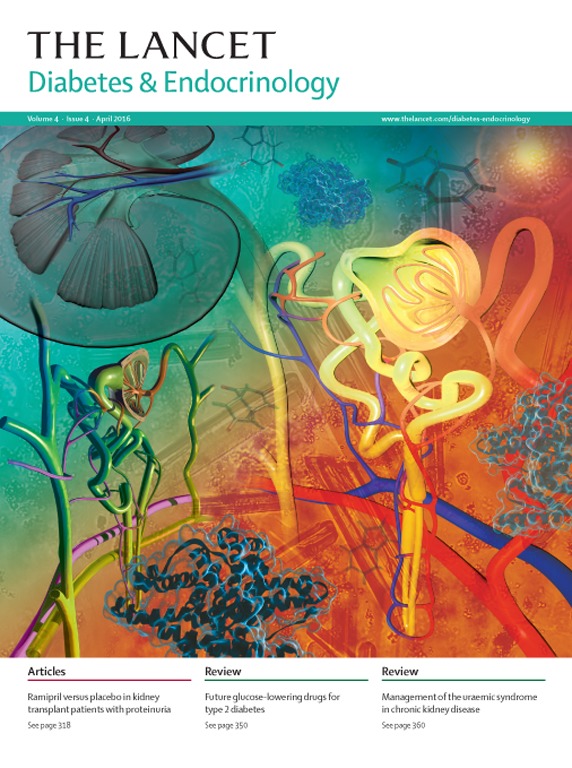
Homeopathy may not cure disease, but it continues to give journal editors fits, particularly at the hands of a group in Russia that has managed to publish a slew of papers on the spurious practice.
The architect of the effort appears to be one Oleg Epstein, whose company, OOO NPF Materia Medica Holding, makes homeopathic products.
Last May, PLOS ONE retracted a paper by Epstein et al titled “Novel approach to activity evaluation for release-active forms of anti-interferon-gamma antibodies based on enzyme-linked immunoassay.”
The lengthy retraction statement includes the following passages: Continue reading Russian homeopaths strike again (twice) in virology journal — and a skeptic strikes right back




 A group of materials scientists in China has earned 11 retractions and three corrections — so far — for image manipulation, duplication, deceptive authorship and other misconduct.
A group of materials scientists in China has earned 11 retractions and three corrections — so far — for image manipulation, duplication, deceptive authorship and other misconduct. 
 The wheels of scientific publishing turn slowly … but they do (sometimes) turn.
The wheels of scientific publishing turn slowly … but they do (sometimes) turn. The similarities between recent papers in two different journals about energy were striking — so striking that a number of people have
The similarities between recent papers in two different journals about energy were striking — so striking that a number of people have  Six months ago, the media was ablaze with the findings of a new paper, showing that nearly six percent of cancer cases are caused, at least in part, by obesity and diabetes. But this week, the journal retracted that paper — and replaced it with a revised version.
Six months ago, the media was ablaze with the findings of a new paper, showing that nearly six percent of cancer cases are caused, at least in part, by obesity and diabetes. But this week, the journal retracted that paper — and replaced it with a revised version.